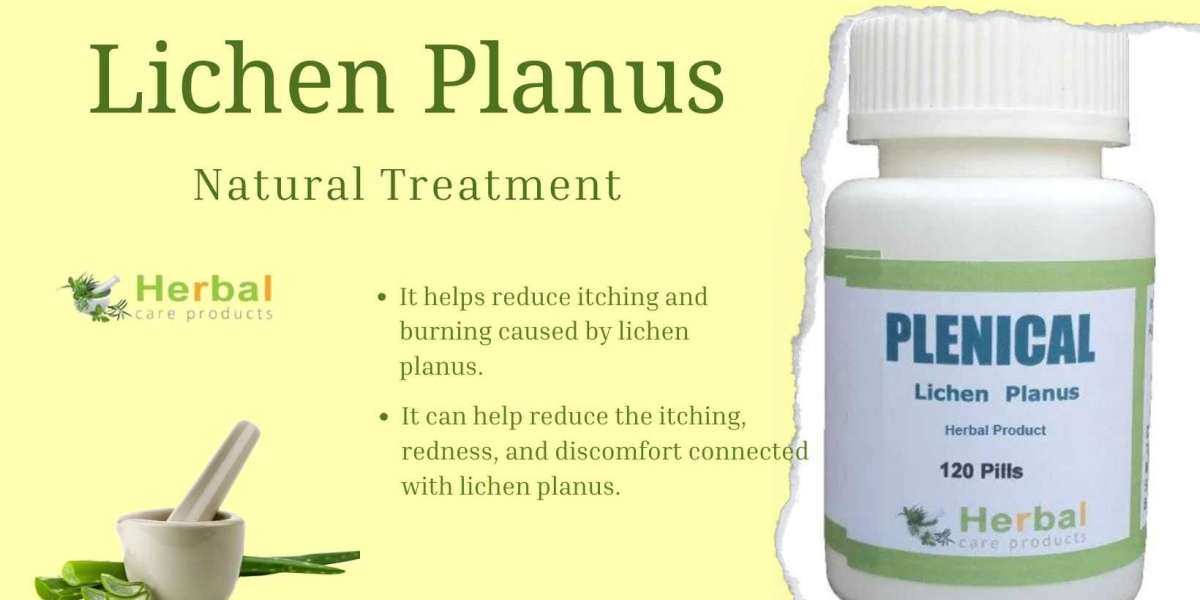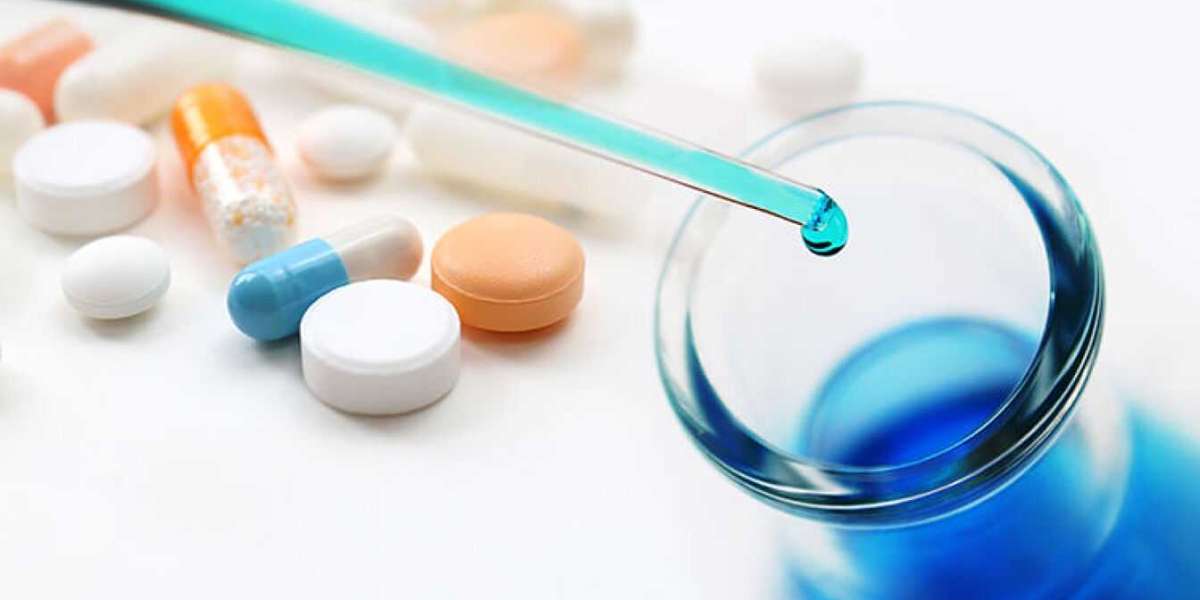Lichen planus is an inflammatory skin condition that causes itchy, flat-topped, purple or red lesions on the skin or mucous membranes. While this condition often resolves on its own, managing the discomfort and appearance can be a challenge. For those seeking a more holistic approach, there are ways to soothe lichen planus naturally. We'll explore natural remedies, lifestyle changes, and supplements for lichen planus that may offer relief and promote clearer skin.
1. Aloe Vera Gel
Aloe vera is renowned for its soothing, anti-inflammatory properties. Applying pure aloe vera gel directly to the affected areas can help reduce inflammation, redness, and itching. It also promotes skin healing and reduces irritation, making it an excellent remedy for managing lichen planus symptoms.
- How to Use: Apply fresh aloe vera gel directly from the plant or use store-bought gel (ensure it's free from additives). Apply 2-3 times daily for best results.
2. Turmeric Paste
Turmeric, a powerful anti-inflammatory herb, contains curcumin, which can help soothe lichen planus naturally. Curcumin has been shown to reduce inflammation and aid in the healing of skin conditions. Its antibacterial properties can also prevent infections on the lesions.
- How to Use: Make a paste using turmeric powder and water, then apply it to the affected area for 15-20 minutes before rinsing it off. You can do this once daily to promote healing.
3. Coconut Oil
Coconut oil is a gentle, natural moisturizer that can calm inflamed skin and reduce itching. Its fatty acids help restore the skin barrier, preventing further irritation and locking in moisture. Coconut oil also has antimicrobial properties that can protect the skin from infections.
- How to Use: Massage virgin coconut oil onto the affected skin 2-3 times daily. Its mild nature makes it safe for long-term use.
4. Apple Cider Vinegar
Apple cider vinegar has long been used for its antifungal and antibacterial properties. When applied topically, it can help relieve itching and inflammation caused by lichen planus. Some people also find relief by using it as a rinse for oral lichen planus.
- How to Use: Mix equal parts apple cider vinegar and water, and apply the solution to the lesions with a cotton ball. Alternatively, use it as a mouthwash by diluting it with water (1 part vinegar to 3 parts water) for oral lichen planus.
5. Licorice Root
Licorice root is known for its anti-inflammatory and skin-soothing effects. It is often used to manage skin conditions such as eczema, psoriasis, and lichen planus. The compound glycyrrhizin in licorice root helps reduce redness and itching.
- How to Use: Apply licorice root extract or cream to the affected area. Alternatively, drink licorice root tea daily to help combat inflammation from within.
6. Oatmeal Baths
Oatmeal is a natural anti-inflammatory and helps calm itchy, irritated skin. Taking oatmeal baths can relieve discomfort from lichen planus, especially when the condition covers large areas of the body.
- How to Use: Add 1 cup of colloidal oatmeal (oatmeal ground into a fine powder) to a warm bath. Soak in the bath for 20-30 minutes, and repeat 2-3 times per week.
7. Supplements for Lichen Planus
Certain supplements for lichen planus can also play a role in managing the symptoms. Here are some key supplements that may help:
- Vitamin D: Many people with inflammatory skin conditions are deficient in vitamin D. Taking a daily supplement can help regulate immune function and reduce inflammation.
- Omega-3 Fatty Acids: Found in fish oil, omega-3s have anti-inflammatory properties that can ease symptoms of lichen planus. Regular intake can help reduce skin inflammation and promote overall skin health.
- Probiotics: Since the gut and skin are closely connected, taking probiotics can support gut health, which may indirectly benefit skin conditions like lichen planus.
- Zinc: Zinc plays a vital role in immune function and skin repair. Supplementing with zinc can promote faster healing and reduce inflammation.
8. Stress Management
Stress is known to trigger or exacerbate lichen planus flare-ups. Incorporating stress-relieving practices like yoga, meditation, or deep breathing exercises can help prevent flare-ups and promote overall well-being.
- How to Use: Practice mindfulness, take walks in nature, or engage in calming activities such as journaling or spending time with loved ones to lower stress levels.
9. Herbal Remedies
Some herbs, such as chamomile, calendula, and witch hazel, have been traditionally used to soothe irritated skin. These can be applied topically to reduce inflammation and promote Lichen Planus Treatment Natural.
- How to Use: Prepare an herbal compress by steeping the herbs in hot water, allowing the liquid to cool, and applying it to the skin with a clean cloth. Use 1-2 times daily for best results.
Conclusion
While lichen planus can be a persistent and uncomfortable condition, using natural remedies can help soothe lichen planus naturally. Incorporating these soothing treatments and supplements for lichen planus into your daily routine can provide relief and promote clearer, healthier skin. Always consult with your healthcare provider before beginning any new treatments, especially if you're using supplements or have underlying health conditions.
By using a combination of topical treatments, supplements, and lifestyle changes, you can take control of your skin health and find relief from the discomfort of lichen planus.








